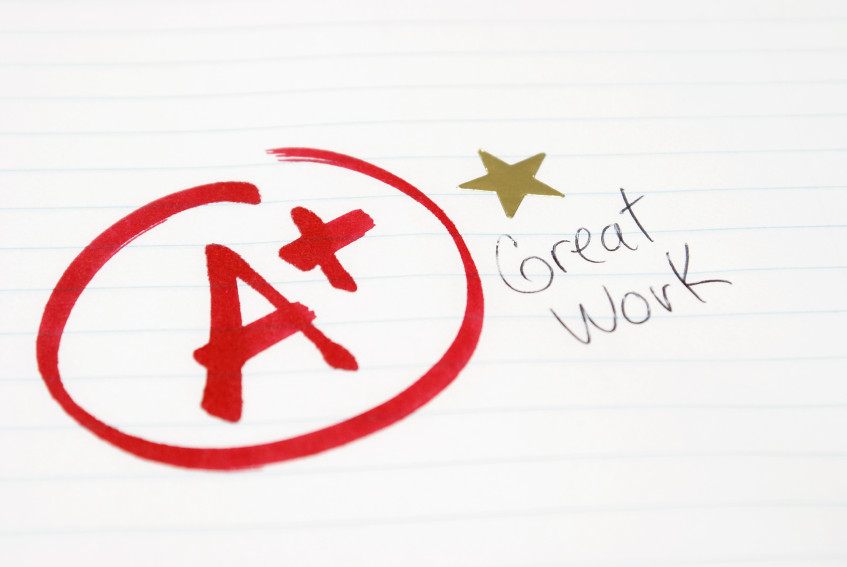What is external validation? External validation is the need for others to tell you what or who you are. When looking at external validation, it is an easy habit to fall into.
In the book “On Self and Social Organization,” social psychologists C. H. Cooley and Han-Joachim Schubert talk about how what others think of us impacts us.
They use this quote to sum it up by saying, “I am not what I think I am, and I am not what you think I am; I am what I think that you think I am.”
We get so caught up in what others see in us and we sometimes do not realize you are shaping yourself into what others want.

Now, what is internal validation? Internal validation is being comfortable with oneself and having a sense of who you are without others’ input. Internal validation is also referred to as self-love or self-esteem.
It is very cliché to say you need self-love, but it really is a very important thing to work on. The input of others is nice, but if you rely on it someone can give negative input and it will become your view of yourself.
We are constantly seeking others’ validation, especially from a young age. When we are younger, we excitedly show those we look up to our accomplishments, such as a picture we drew.
People do this to get encouragement and to be told they are doing a good job. However, this behavior does not go away as a child. It just morphs into slightly different behaviors or physical manifestations. Examples of this might be things such as trophies, honor roll and even social media.

When looking at this type of validation it is easy to assume it is just the “loud” people in the room, the ones who want all attention on them. However, that is not exactly true.
External validation can be those who are always trying to get awards, so people will tell them they are doing well and not a failure.
It can also be the people who strategically post on social media to get the validation they are attracted to. However, this form of validation takes many forms and it’s not always easy to realize you are doing it.
When using external validation, it is easy to fall into the ways positive reinforcement makes you feel good. It can be even harder to pull yourself out of this, especially if it becomes the only validation a person relies on.
Academics can become what many rely on to gain validation. Those who get the best grades, participate in sports and clubs and those who are constantly trying to get awards can be an example of this. Some do this because they enjoy it, while others do this for the validation others give them.
When the compliments stop, the feeling of not being enough can follow. This cycle can seem endless, a cycle of trying to do the best they can and only feeling they are not doing enough.

Internal validation can be a damaging process too, especially if it has never been focused on. We as humans can almost become like a vacuum, living off others’ validation to such a degree that none of the compliments are sticking anymore.
So, we need to take this into consideration and become comfortable in our own skin without outside validation. Waking up and telling ourselves what we are without others telling us can be a way to work on this.
This can involve writing down five things you like about yourself, whether or not it is about parts of your personality or physical traits. By doing this, it is easier to gain more of a sense of who you are and begin to grow confident in your abilities.
This mentality can also help with relationships. As the saying goes, “You have to love yourself before you can love others,” and it is very true.

This expression really sucks when you think about it and it’s cliche. But you must know and love who you are and be “whole” with yourself. If you don’t do this, you will go looking for who you are in other people.
When looking at external and internal validation it is easy to write off external validation, thinking that it does not apply to you. But dive a little deeper and ask “who am I without other’s opinions of who I am?”
You must be comfortable with yourself, so you do not go looking for self-worth from others and become their version of you. You need to be your own unique version of yourself.
Ashley Brown
Social Media Coordinator

